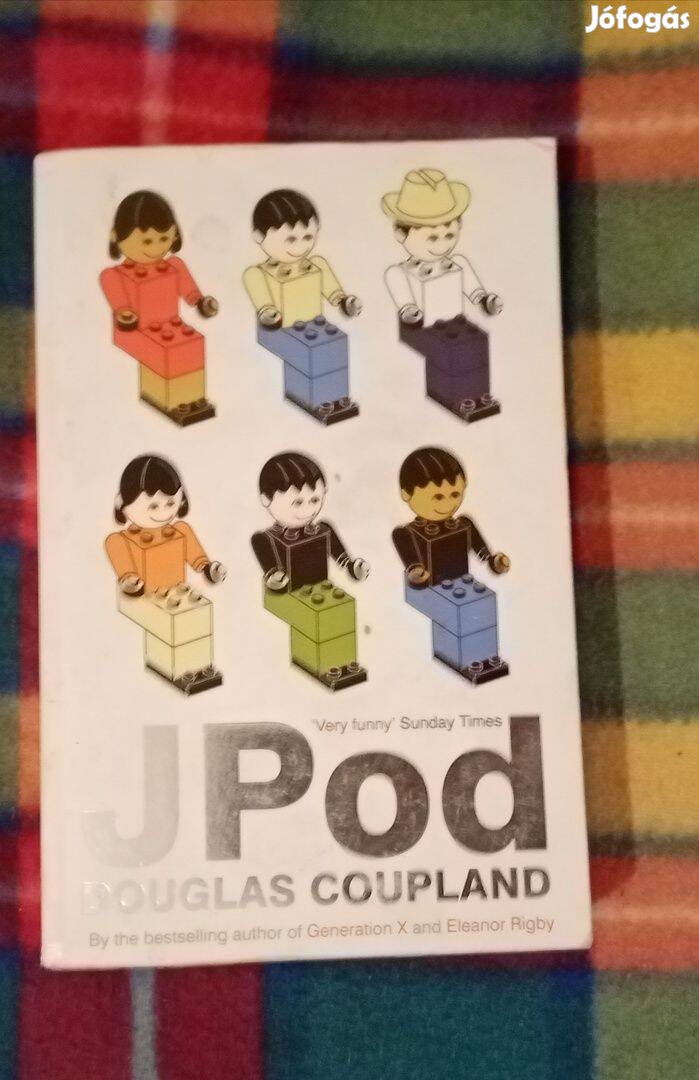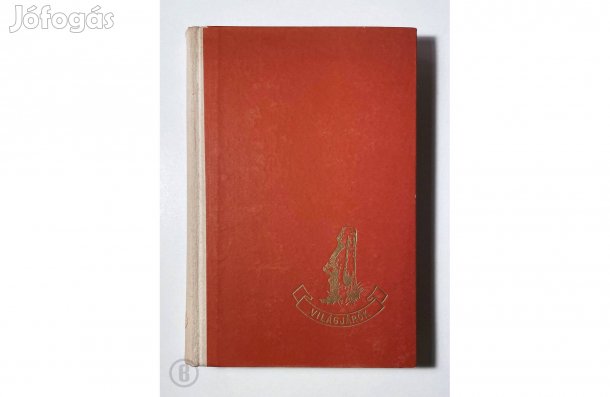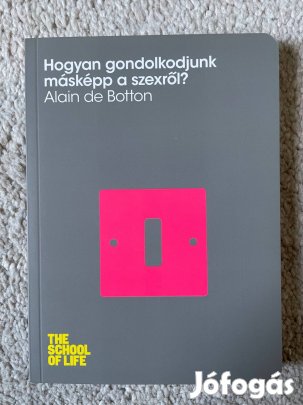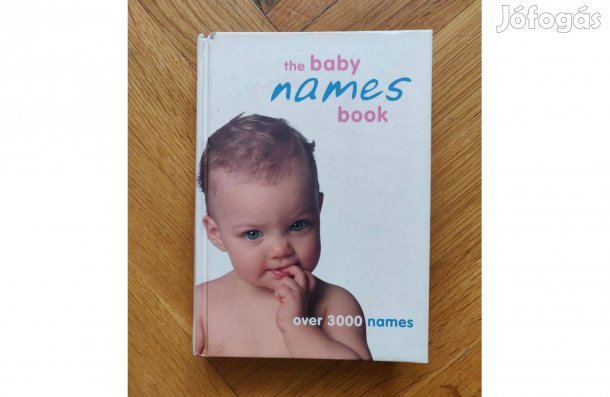
Douglas Coupland: Jpod
1 000
FtCím:
Kategória:
Feladás dátuma:
okt 23., 19:38Tulajdonságok
alig használt
Regény
Puhatáblás
Angol
Leírás
Személyes átvétel bármelyik négyes, kettes vagy hármas metró megállóban.
Postázom is, utalás után. Csomag házhoz, Postán átvehető csomag, MPL, Packeta automatakba is.
Nagyon sok könyvet hirdetek.
Already dubbed Microserfs 2.0 by some pundits--a winking allusion to Douglas Coupland's previous novel Microserfs, which similarly chronicled pop-culture-damaged twentysomething misfits flailing, foundering, and occasionally succeeding in the high-tech sector--Jpod is, like all of Coupland's novels, a byproduct of its era and yet strangely detached from it. Only this time with a bold and very crafty narrative device: Douglas Coupland, novelist, is a character in Douglas Coupland's novel. Which, when you think about it, makes sense since the type of people Coupland depicts are precisely the type of people who consume Coupland novels. As the once-great comedian Dennis Miller might holler, Stop him before he sub-references again! Readers familiar with Coupland's oeuvre know what to expect with the characterizations here. They also know that Coupland on a roll is both savagely observant and laugh-out-loud funny: Bree was showing someone photos of her recent holiday visiting Korean animation sweathshops. She was bummed because she couldn't get into North Korea: too much legal juju. [She said] 'I just wanted to know what it's like to be in a society with no technology except for three dial telephones and a TV camera they won from Fidel Castro in a game of rock paper scissors.' Much of the book is like that, built on granular and meandering exchanges between characters about . . . stuff. While Jpod's flow is hobbled by some preposterous twists and character traits and by random words, phrases, and numbers splattered gratuitously across successive pages in oversized typeface, it's hard to imagine Coupland fans walking away disappointed. --Kim Hughes
Kapcsolatfelvétel a Hirdetővel
Megosztás
Hasonló hirdetések
Ez is érdekelhet
Jófogás mobil applikáció
Keresett márkák
trabant
mini cooper
jbl
forza horizon 4
nintendo switch
samsung galaxy s10
lego friends
xbox one
husqvarna
mayo chix
iphone 11
iphone se
xiaomi mi 10
ps5
bonprix
bershka
tchibo
honfoglaló
kika
cropp
xiaomi redmi note 9 pro
miután
brawl stars
xbox series x
crystal nails
amerikai staffordshire terrier
iphone 11 pro
airpods
samsung tv
playstation 5
gamestar
iphone xr
apple watch
huawei p30 lite
samsung galaxy a51
iphone x
labrador
iphone 6s
husky
maine coon
ps4
iphone 7
iphone xs
ipad
iphone 8
Népszerű kategóriák
eladó lakás
monitor
téli gumi
ingyen elvihető
trambulin
elektromos roller
mosogatógép
puzzle
eladó lovak
laptop
eladó ház
okosóra
francia bulldog
használt autó
számológép
szinoníma szótár
konyhabútor
sakk
szájmaszk
halloween tök
mikrohullámú sütő
trapézlemez
adventi koszorú
elektromos kerékpár
kerti bútor
térkő
kávéfőző
számítógép
menyasszonyi ruha
futópad
gördeszka
tolóajtó
bluetooth fülhallgató
könnyűszerkezetes ház
dohányzóasztal
bejárati ajtó
kanapéágy
hintaágy
bicikli
diego szőnyeg
használt laptop
faház
hdmi kábel
aroma diffúzor
gáztűzhely
roller
tengerimalac
magaságyás
függőfotel









